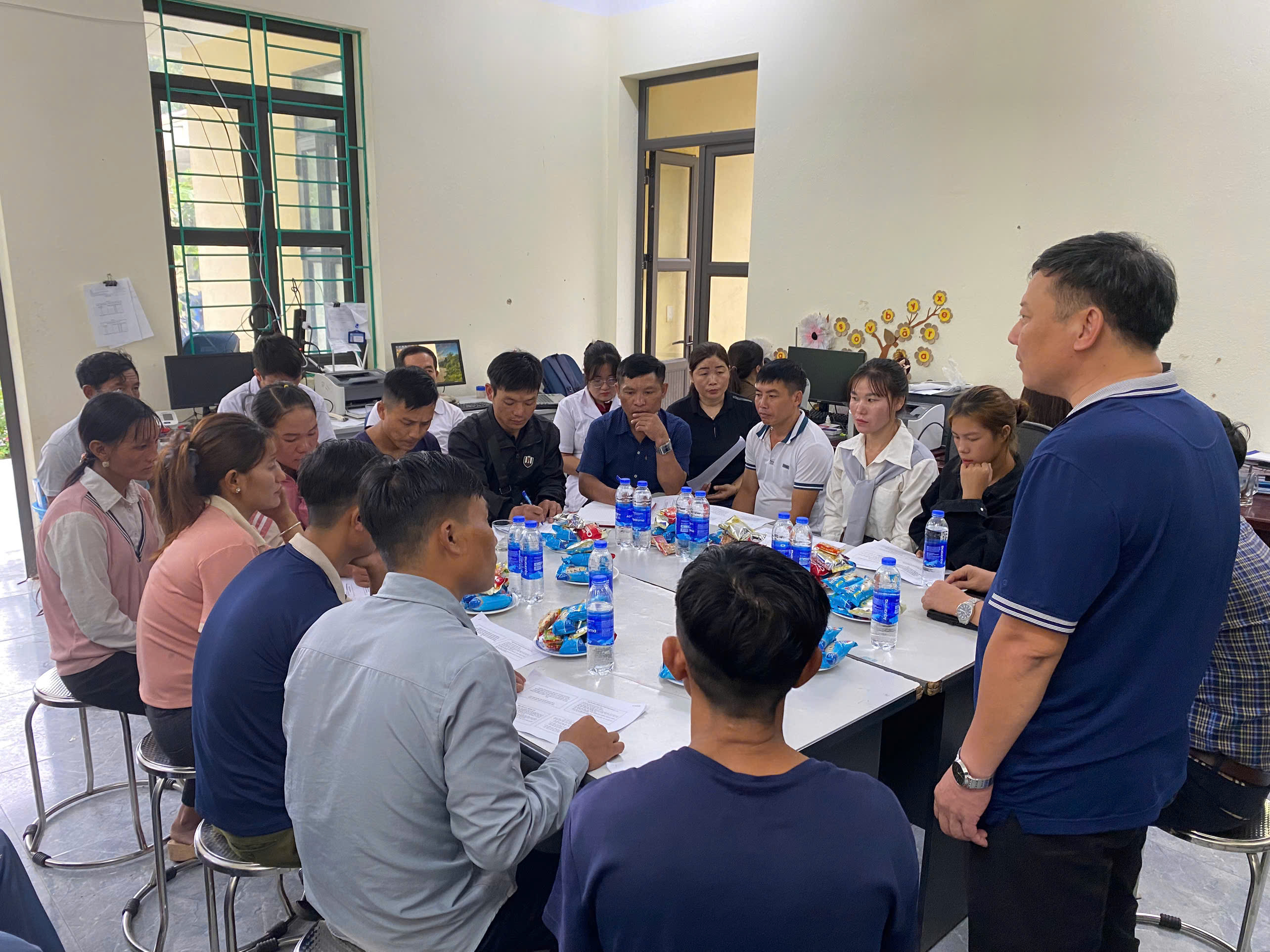
The newly established Vector Control Platform for Asia Pacific (VCAP) held a consultation meeting alongside the annual business meetings of the Asia Pacific Malaria Elimination Network (APMEN), held in September in Bangkok, Thailand.
The VCAP collaborative platform was jointly launched by the Asia Pacific Leaders Malaria Alliance (APLMA) and Unitaid to help accelerate access to innovations aimed at halting the spread of malaria and other mosquito-borne diseases in the Asia Pacific region. VCAP links national regulators, policy-makers, industry, academia and the global health community to boost development and use of antimalarial tools, such as mosquito nets and insecticides.
The inaugural VCAP consultation included delegates in the APMEN Vector Control Working Group as key partners of platform. The meeting was attended by representatives from the World Health Organization (WHO), the Innovative Vector Control Consortium (IVCC), the Global Health Group at the University of California in San Francisco (UCSF), Population Services International (PSI), Bayer, Well Tech Healthcare, country representatives and the secretariats of APLMA, Unitaid and APMEN.
The main outcomes of the consultation included a validation of VCAP terms of reference, and agreement on the formation of VCAP Steering Committee to guide platform development. The VCAP terms of reference clearly outline where the scope of work for APLMA and APMEN intersect and how both complement each other to improve vector control for malaria elimination. Participants also approved a set of initial priority activities, including support for IVCC’s ‘Access Landscaping’ activity in the Asia Pacific region.
Delegates confirmed that in order to generate maximum impact, demand for new tools must be driven by requirements of malaria-endemic countries. In addition to helping generate that demand, VCAP can significantly contribute to improving the performance and efficacy of existing vector control tools.
As a first suggested step, VCAP will create a network of regulators to promote exchange of information on the registration process for vector control tools. To facilitate such a dialogue, VCAP will identify focal points for regulatory authorities in each country. Through the platform, inter-ministerial collaboration on vector control and pesticides management for public health can also be encouraged.
In these ways, VCAP aims to act as a bridge to relay country-level needs and demands through disease programs to decision-makers and manufacturers, in order to incentivise evidence-based policy as well as informed and critical R&D. The platform can also support exchange of relevant information, such as about the WHO pre-qualification (PQ) process, existing vector control tools on the WHO PQ list, and other tools that are available in the market and already registered for use by countries.
The meeting concluded with a set of agreed action steps. In the first instance, the VCAP team will identify a suitable information exchange platform to host partner discussions, including incorporation of existing APMEN online resources.
A first formal VCAP side-meeting will take place alongside the APLMA Senior Officials Meeting in April 2019 in Bangkok, and will bring together regulators of vector control and disease programs from affected countries, as well as international partners.
.svg)









